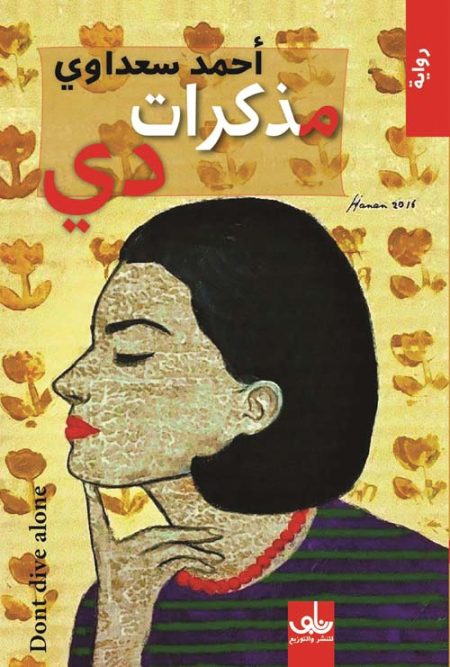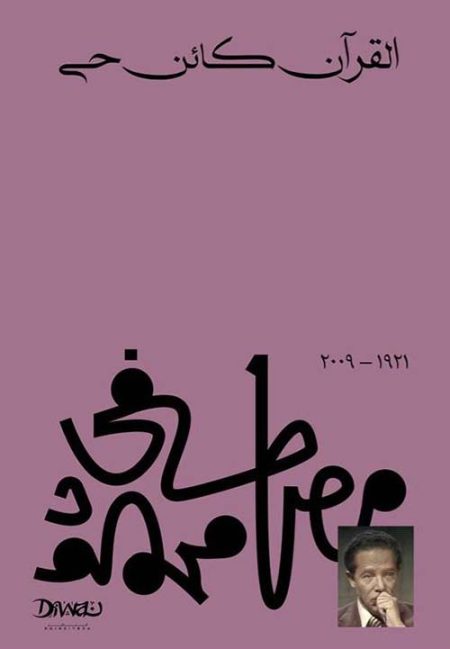Description
*Central Idea
“Daydreams of a Solitary Wanderer” is Jean-Jacques Rousseau’s last work, a reflective and introspective book written in his later years after he felt persecuted and isolated. It doesn’t present systematic philosophical theories, but rather a contemplative narrative of the relationship between the self and nature, the inner moment, memories, and the search for spiritual peace away from the clamor of society.
The book is an invitation to return to the self as the source of truth and meaning.
*Main Themes
1) Solitude and Return to the Self
Rousseau believes that society corrupts humanity and drives it towards competition, hypocrisy, and hostility.
Therefore, solitude becomes a path to:
Inner serenity
Authentic self-awareness
Freedom from social judgment and scrutiny
Solitude is not an escape, but a spiritual liberation.
2) Nature as a Space of Freedom
Nature is not merely a backdrop.
It is a place of inner merging where the mind finds peace and emotions find balance. In his walks around lakes and forests, Rousseau finds:
Balance
Tranquility
The unity of man with the world
Nature here is presented as a form of therapy before it is a philosophy.
3) Memory and Nostalgia
Rousseau recalls events from his past not to turn back time, but to rearrange himself.
Memories become like:
A mirror for understanding mistakes
A source of self-forgiveness
A means of accepting what happened, not escaping from it
He treats memory as an act of healing, not as a morbid attachment to the past.
4) Social Evil and Inner Innocence
The author returns to his well-known thesis:
Man is inherently good, and it is society that corrupts him.
But here, he does not present the idea as a political argument, but as a lived experience:
He felt betrayed and slandered, but he did not lose faith in the purity of his motives.
5) Meditation as a Path to Tranquility
The book adopts a clear existential stance:
True life is not lived externally, but in inner presence. True peace comes not from:
Social recognition
Success
Status
But from the profound tranquility of the mind when it makes peace with itself.
*Critical Reception
The book was received as a deeply personal and intimate text.
Philosophers considered it an early model of what would later become existential philosophy,
while readers of literature regarded it as one of the finest examples of reflective prose in French.
Today it is read as:
A psychological document about solitude
A discourse on mindfulness
A literary text belonging to the aesthetics of simplicity and honesty.
*Intellectual Significance
Man does not need the world to be complete.
He needs an inner peace built through honesty with oneself, reconciliation with the past, and the ability to live in the moment.
The book teaches the reader:
That the most beautiful forms of life are those in which we do not need to prove ourselves to anyone.















Reviews
There are no reviews yet.